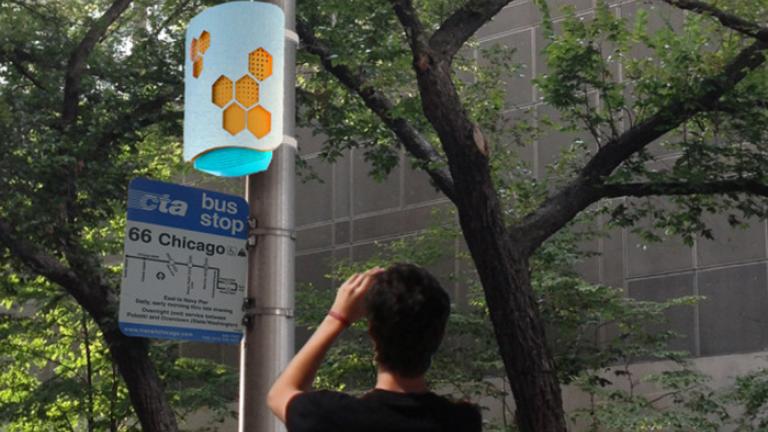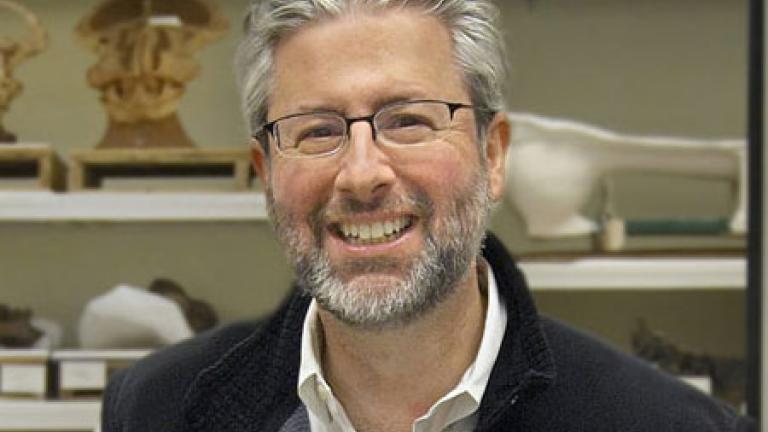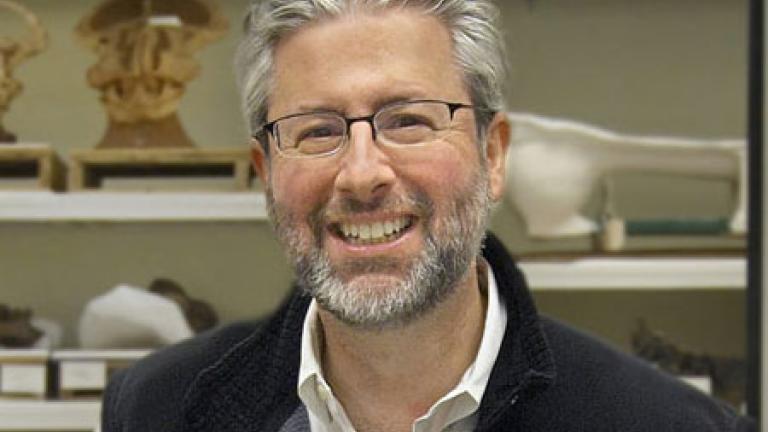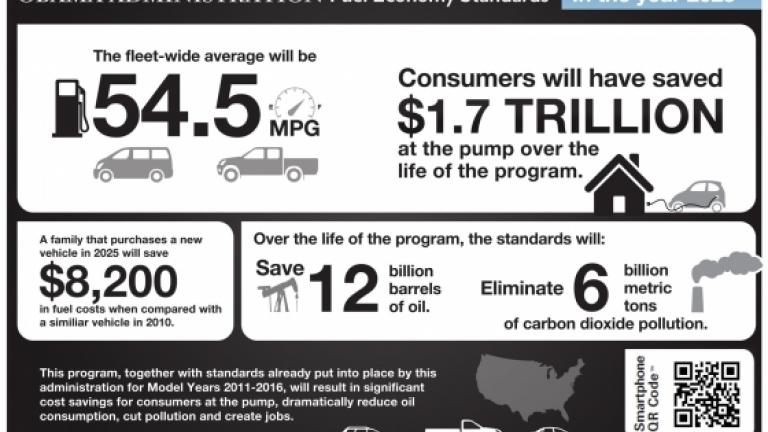Simulating the evolution of the cosmos. A local physicist is here to talk about using supercomputers to delve into the mysteries of the universe.
Argonne National Laboratory
After a year of delays, the Array of Things urban data sensor project is back on track and prepping to collect all sorts of information on Chicago's streets by early next year. Joining us to discuss the initiative are the project’s lead scientist Charlie Catlett and author Lori Andrews.
Author Steve Levine had fly-on-the-wall access for two years to "the battery guys" at Argonne National Laboratory -- America's team in an international competition to build a battery that will change the world. Levine joins us to talk about his new book, The Powerhouse.
Argonne scientist Marius Stan joins us to talk about his work and how, almost by accident, he came to have a recurring part in the hit TV series "Breaking Bad."
Professor George Crabtree of Argonne National Laboratory discusses the quest to build a better battery and America’s energy future.
A technology park in the middle of the city -- University of Illinois announces a new research lab modeled on Bell Labs. Vice president of research Larry Schook joins us.
Battery Advancements, Bio-bots and Political Polarity
How malleable are political views? And a robot made without any electronics? Our science guy, Neil Shubin, joins us to help answer these questions and more in tonight's Scientific Chicago.
A supercomputer at Argonne National Laboratory, code-named Mira, is the third fastest in the world, according to new rankings. We speak with the scientist in charge.
Penguins, ADHD, Tevatron & Leonardo da Vinci
Sniffing out relatives? It may not be the human way, but it works for one finely dressed bird. We explore penguin behavior and more in tonight's Scientific Chicago.
Nearly 55 miles per gallon for every car? That's the deal between the Obama Administration and the nation's automakers. Is it doable and what technology is on the horizon? The head of transportation research at Argonne National Laboratory is here with some answers.












